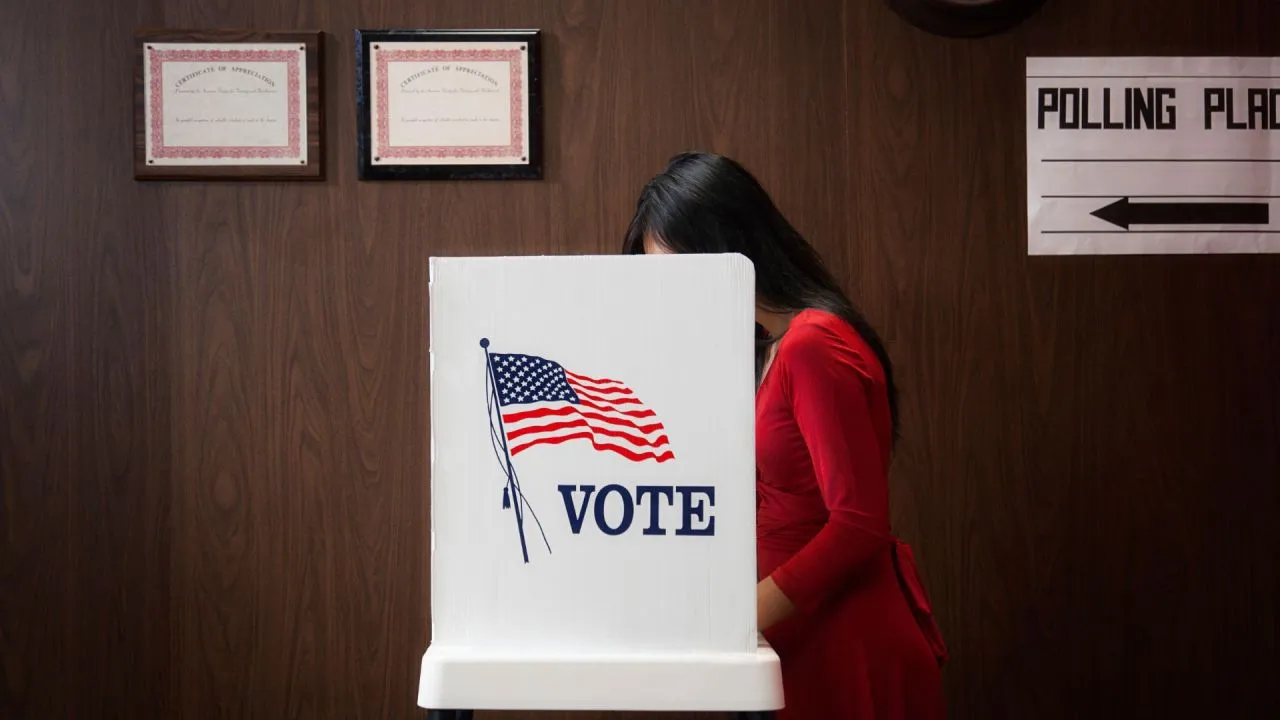Unlock the Mystery: How to Find Your Polling Place This Election Season!
As the election season approaches, many voters are eager to make their voices heard. However, one crucial question remains: Where do I vote? Understanding your polling place is essential for a smooth voting experience. This article will guide you through the process of finding your polling location, ensuring you are well-prepared to cast your ballot.
What is a Polling Place?
A polling place is the designated location where you must vote on Election Day. It is assigned based on your residential address and can change from one election to another. Therefore, it is crucial to verify your location before voting. Knowing where to vote not only helps you avoid confusion but also ensures that your vote counts.
How to Find Your Polling Place
Finding your polling place is easier than you might think. Here are several methods to help you locate your polling location:
-
Visit State Election Office Websites: Most states have official election websites that provide information on polling places. You can also use online tools like the USA.gov polling place locator to find your designated voting location.
-
Check Your Voter Registration Card: Your voter registration card typically lists your polling location. If you have this card, it can be a quick reference to find where to vote.
-
Contact Your Local Election Office: If you’re still unsure, don’t hesitate to reach out to your local election office directly. They can provide you with the most accurate and up-to-date information regarding your polling place.
When Are Polling Places Open?
Polling hours can vary significantly by state. Most polling places are open from early morning until evening. For example, in Georgia, polling hours are from 7:00 a.m. to 7:00 p.m. Always check local times to ensure you arrive when polls are open. Arriving at the right time can make a significant difference in your voting experience.
What About Voter ID Requirements?
Many states require voters to present a valid form of identification at the polls. It’s essential to know what forms of ID are acceptable in your state, as requirements can differ significantly. Some states may accept a driver’s license, while others might require a government-issued photo ID. Be sure to check your state’s voter ID laws to avoid any last-minute issues.
Provisional Ballots: What You Need to Know
If you arrive at the wrong polling place or lack the necessary ID, you may be allowed to cast a provisional ballot. This type of ballot will only count once your eligibility is confirmed. It’s a safety net for voters who may encounter unexpected challenges on Election Day.
Accommodations for Voters with Disabilities
Voters with disabilities have the right to vote at accessible polling places. It’s advisable to contact local election offices in advance to request necessary accommodations. This ensures that everyone has the opportunity to participate in the democratic process without barriers.
Updating Your Voter Registration
If you’ve moved, changed your name, or wish to update your political party affiliation, ensure that you update your voter registration well before Election Day. This is crucial to avoid complications at the polls. Many states have deadlines for registration changes, so be proactive in keeping your information current.
Familiarizing Yourself with the Ballot
Before heading to the polls, take some time to familiarize yourself with the candidates and issues on the ballot. Many states provide sample ballots online that you can review. This preparation can enhance your voting experience and help you make informed decisions.
Early Voting Options
Some states offer early voting periods where voters can cast their ballots ahead of Election Day at designated locations. Check local regulations for dates and sites available for early voting. This option can alleviate the stress of voting on the actual Election Day and provide more flexibility in your schedule.
Important Election Deadlines
Be aware of important deadlines related to voter registration and absentee voting. For instance, South Carolina’s registration deadline was extended to October 14 for the upcoming election. Staying informed about these deadlines is crucial to ensure your participation in the election.
Seeking Voting Assistance
If you need help while voting or have questions about the process, don’t hesitate to ask poll workers or contact your local election office for guidance. Poll workers are there to assist you, and they can provide valuable information to ensure your voting experience is smooth.
Conclusion
As Election Day approaches, it is vital to verify your polling place and registration status a few days prior to voting. This proactive approach will help you avoid any surprises on Election Day and ensure that you know exactly where to go when it’s time to cast your vote. By following the steps outlined in this article, you can confidently navigate the voting process and make your voice heard this election season. Remember, your vote matters, and being prepared is the first step toward participating






Leave a Comment